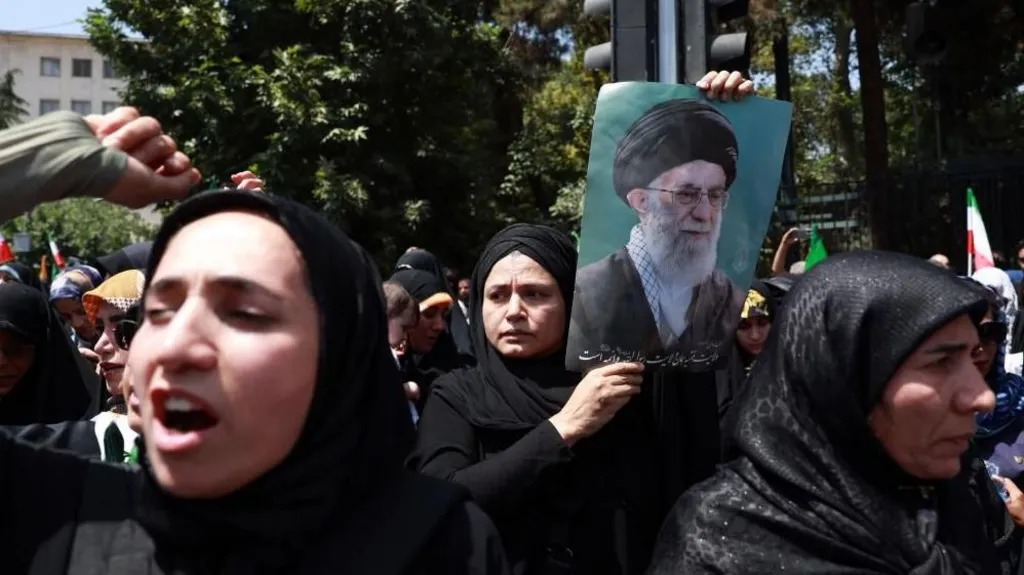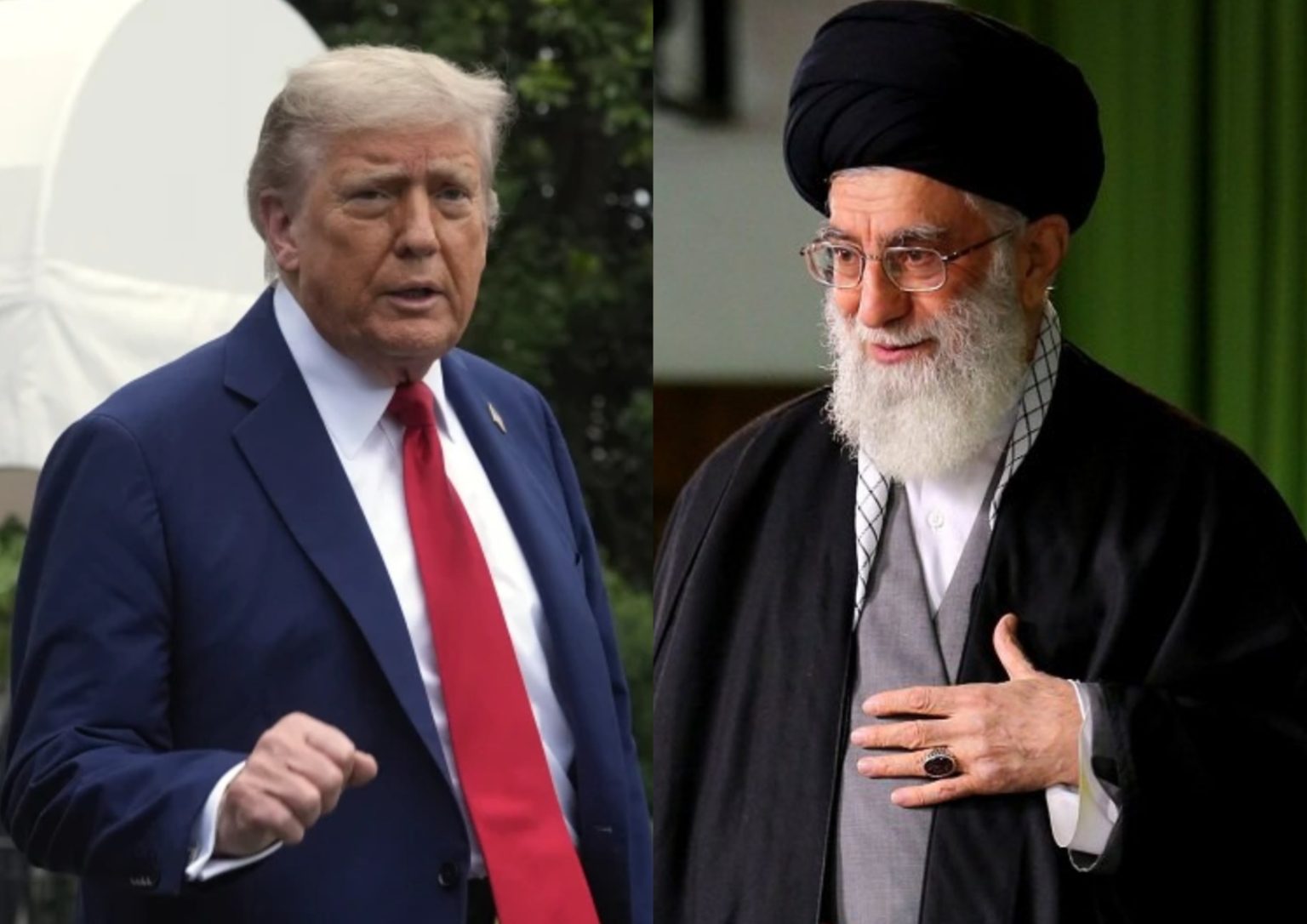The short-term questions now concern the capacity and willingness of Iran to hit back against US targets in the Middle East and elsewhere. And despite Trump’s declaration of total success for the mission, it is unclear whether the US strikes will have eradicated all of Iran’s stocks of enriched uranium, which it might have hidden, and which it might still be able to use to make a rudimentary nuclear device in the future.
No senior US leader wanted Iran to get a nuclear weapon. But such unknowns were some of the reasons why Trump’s recent predecessors chose not to take the massive risk of striking Irandespite years of proxy warfare between the two powers, including Tehran’s support for militias that were responsible for the deaths of hundreds of US troops in Iraq, a CNN analysis takes a deep look into the issue.
Administration officials say that Trump does not view airstrikes against Iran as tantamount to the US assaults on Iraq and Afghanistan that led the United States into wars from which it took 20 years to extricate. Still, Iran now gets the chance to decide how to respond and whether it embroils the US in a new war, the analysis adds.
The immediate danger is that, even in its weakened state after days of Israeli air strikes, Iran could attack US bases, personnel, and even civilians in the Middle East and elsewhere — and drag American into a bloody conflagration.
Iran’s leader, Ayatollah Ali Khamenei, has now been comprehensively humiliated on an issue — Iran’s self-declared right to enrich uranium — that is regarded as central to his regime and his nation’s prestige. It’s therefore hard to imagine that a spiritual leader who is the guardian of the revolution will do nothing to respond.
But Trump is warning Iran will hit back at its peril.
“There will be either peace, or there will be tragedy for Iran, far greater than we have witnessed over the last eight days. Remember, there are many targets left,” Trump said in his address.
Despite the serious degradation of its missile arsenal by Israeli strikes — and of its proxies Hezbollah in Lebanon and Hamas in Gaza, which would once have rained missiles on Israel in response to strikes on Iran — Tehran does have options.
It could seek to provoke a global energy crisis by closing down the Strait of Hormuz, a vital transit choke point for oil exports. It could target US allies in the Gulf. It may seek to weaponize proxies in Iraq and Syria to attack US troops and bases in the region. Any of these options would inevitably drag the United States into reprisals that would risk setting off a full-scale US-Iran war.

The political impact of Trump’s strikes inside Iran is also unclear.
Some experts wonder if it could set off political eruptions that threaten the survival of Iran’s revolutionary regime. Israel has made little secret of the fact that that it hopes its onslaught will cause the downfall of a government that has threatened to wipe the Jewish state off the map. But such a collapse of the government could lead to an even more hostile and dangerous regime, perhaps led by elements of the Islamic Revolutionary Guard Corps. If the Iranian state were to dissolve, civil war could break out and disastrous instability could spread far beyond Iran’s borders. The fear for many Iranians will be that a humiliated regime will respond by doubling down on repression against its own people.
The desperate legacy of the Iraq and Afghan wars — which opened with spectacular US military successes but then went on for years, killing and maiming thousands of Americans — hung over the prospect of US military action.
It took the best part of two decades for the US to find a way out of those conflicts. Successive presidents have wanted to divert resources away from the Middle East to Asia and the challenge posed by China, a rising superpower.
The Iran conflict doesn’t have to turn into a repeat of those wars. The Middle East has changed in recent months at lightning pace. Iran’s regional power has been seriously eroded by Israel military action following the Hamas attacks on Israeli civilians on October 7, 2023. And predictions that Trump’s killing of Iranian defense chief Qasem Soleimani in his first term would ignite a regional inferno did not come true.
But Trump has set the United States on a new road with an uncertain end.
He ultimately decided that the risk posed to Israel, the United States and the world from a potential Iranian nuclear bomb was more disastrous than the cascade of consequences that could be unleashed by an attempt to stop it.


